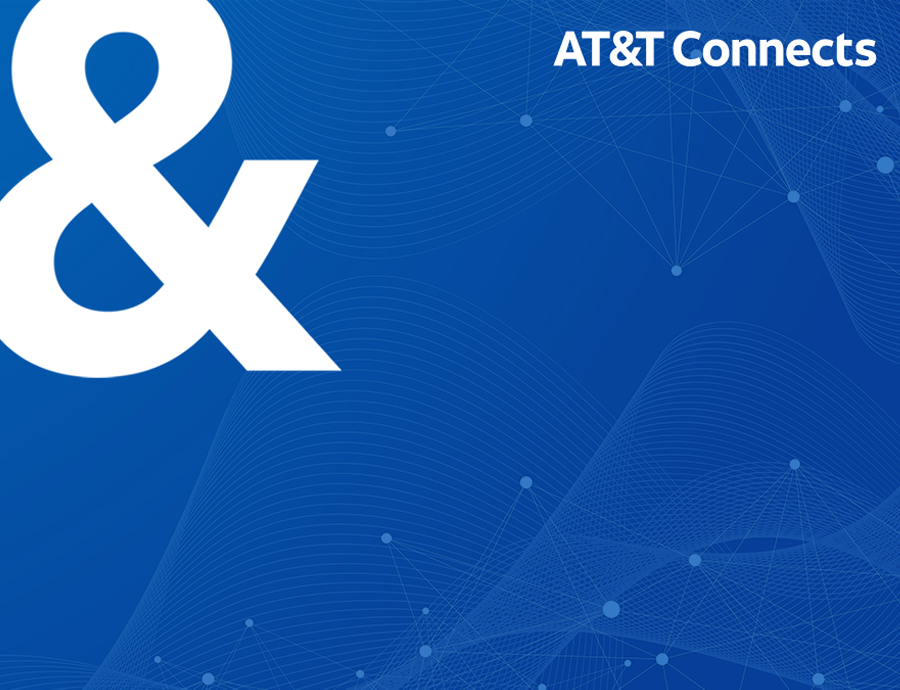Today’s March on Washington is a landmark event in the push for equality and social justice. Taking place on the 57th anniversary of Martin Luther King Jr.’s historic “I Have a Dream” speech, the March brings together the civil rights community’s most important leaders, including the National Action Network, National Urban League and NAACP.
Our nation is facing immense challenges at this time. Millions of our fellow Americans, especially those still not fully able to participate in the American dream, suffer from a lack of economic, social and educational opportunities. The vastly disproportionate harm Covid-19 inflicts on communities of color, as well as the persistent Digital Divide, are testaments to how far America remains from reaching Dr. King’s dream.
That’s why it’s vital for people of good will to take a stand at today’s March. I, and many others at AT&T, have been energetically involved with the Rev. Al Sharpton in this effort and I’m especially proud that AT&T is lending its support.
The March is about far more than police reform and other worthy issues. It is about social justice. Social justice is a value that is – and certainly ought to be – shared by everyone. That means not just shared by people who live here, but also by the institutions that impact our lives, whether a government, a charity or a corporation.
Social justice involves constantly striving to create a better community because justice is not something suddenly realized and then complete. It is a value all of us should continually work to attain and a value where we should mourn when we fall short. In serving this country, corporations in particular should learn how to incorporate contributions from all people to enhance products, services and the way they support our communities.
Fifty-five years ago, on the Pettus Bridge, millions saw in real time the televised images of a peaceful march suddenly upended by firehoses, police dogs and beatings. When a state trooper fractured the skull of my friend, the late John Lewis on “Bloody Sunday,” Americans could no longer plead ignorance to what Black Americans had known for generations. That moment forced Americans to confront the reality that equal treatment promised under the law depended on those enforcing the law. The nation saw that the law was too often enforced differently depending on one’s skin color.
In a statement revealing his diagnosis, Congressman Lewis said, “We still have many bridges to cross.” Coming soon after the horrific video of George Floyd’s death under the knee of a white police officer, that statement should be both a warning and a call to the greater good. Today, we must never forget the names of so many Black lives unfairly lost: Breonna Taylor, Philando Castile, Jamar Clark, Ahmaud Arbery, Dreasjon Reed and Botham Reed.
Those and countless other killings spotlight the continued injustices experienced by Black Americans. Their deaths underscore the history of violence and racism Black people still face.
At AT&T, we are firmly committed to the moral principle that Black lives matter. That’s why we are committed to putting our resources and leadership to bear on law enforcement reform, economic empowerment and social equality.
Today’s March is a chance to stand up for these principles of social justice. Please join me in this vital effort.




